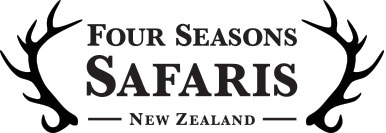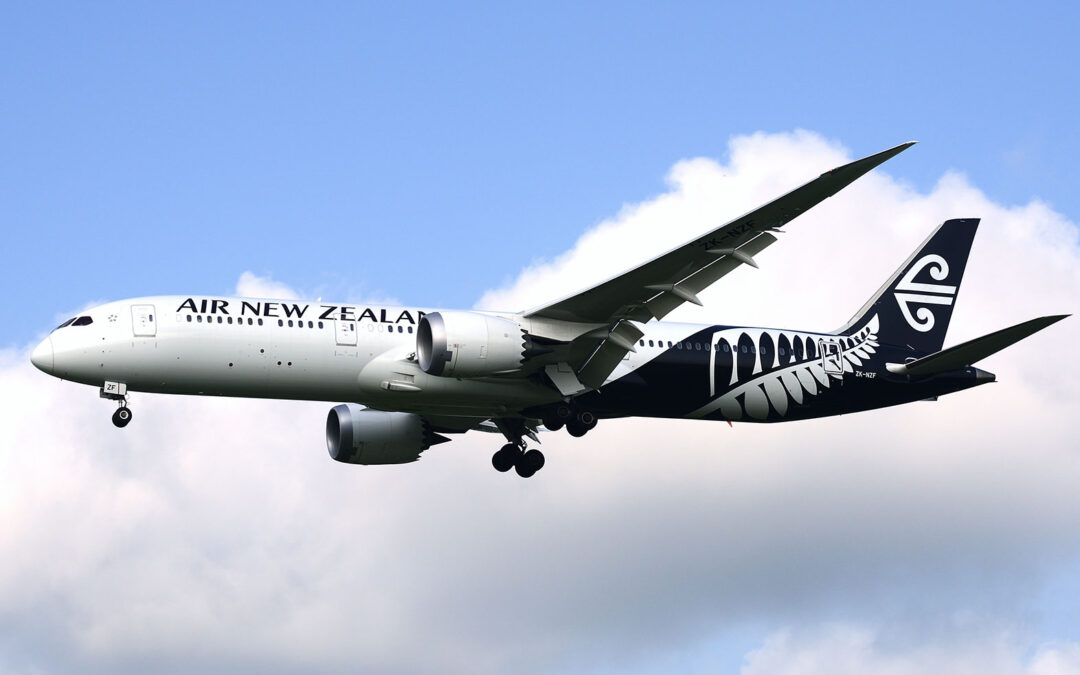Planning a hunting trip to New Zealand is an exciting endeavor for outdoor enthusiasts. The allure of hunting in New Zealand, with its stunning landscapes and diverse wildlife, is hard to resist. However, funding such an adventure can be an obstacle, especially considering the costs involved.
This comprehensive guide will walk you through everything you need to know about financing your dream hunting trip to New Zealand, including understanding New Zealand hunting trip prices, the red stag hunt cost, and obtaining a hunting license in NZ. By the end of this article, you’ll have the knowledge and tools to budget effectively for your adventure.
Understanding the Costs of Hunting in New Zealand
Why Costs Can Be a Concern
Many hunters consider the cost of a trip to New Zealand as their primary obstacle. The expenses can add up quickly, from travel to hunting fees and accommodations. This guide aims to help you overcome this hurdle by providing detailed insights into the costs associated with New Zealand hunting trips and offering practical tips for funding your adventure.
Breakdown of New Zealand Hunting Trips Prices
When planning a hunting trip in New Zealand, it’s essential to understand the various costs involved:
- Airfare: Depending on your location, round-trip airfare to New Zealand can range from $1,000 to $2,500.
- Accommodation: Prices vary widely, from budget-friendly options at $50 per night to luxury lodges costing $500 or more.
- Hunting Packages: Guided hunting trips can range from $3,000 to $15,000, depending on the duration, species hunted, and amenities provided.
- Hunting License NZ: A hunting license is required in NZ for certain species and can cost around $25 to $100, depending on the type and duration.
Red Stag Hunt Cost
The red stag is one of the most sought-after trophies in New Zealand. The cost of a red stag hunt can vary significantly based on factors like the size of the stag, the location, and the outfitter. On average, expect to pay between $5,000 and $15,000 for a red stag hunt. Trophy fees for larger stags can increase this cost substantially.
Click here for our current rates on red stag and additional big game trophy fees & day rates.
Tips for Funding Your New Zealand Hunting Trip
Budgeting and Saving
Start by creating a detailed budget that includes all potential expenses, including airfare, accommodation, hunting packages, permits, and additional costs like gear and meals.
Exploring Financing Options
If saving alone isn’t sufficient, consider exploring financing options such as:
- Personal Loans: Many banks and credit unions offer personal loans that can be used for travel expenses.
- Travel Financing: Some travel agencies and tour operators offer financing plans for their packages, allowing you to pay in installments.
- Credit Cards: Look for credit cards with travel rewards or 0% introductory APR offers that can help spread the cost of your trip over several months.
Seeking Sponsorship or Partnerships
Consider seeking sponsorship or brand partnerships, especially if you have a strong social media presence or a popular hunting blog. Companies in the outdoor and hunting industry might be willing to sponsor your trip in exchange for promotion.
Utilizing Rewards Programs
Take advantage of rewards programs and loyalty points from airlines, hotels, and credit cards. Accumulating points can significantly reduce your travel costs.
Practical Tips for Reducing Costs
Group Discounts
Booking as a group can often lead to discounts on hunting packages and accommodation. Consider organizing a trip with friends or family to maximize group rates.
Early Booking
Booking your trip well in advance can secure lower prices for flights and accommodations. Many outfitters also offer early bird discounts for those who plan.
Additional Resources for Planning Your Trip
Research and Reviews
Before committing to a specific outfitter, read reviews and do thorough research. Websites like TripAdvisor and Hunting Reviews can provide valuable insights from other hunters.
Local Regulations and Permits
Ensure you’re familiar with local hunting regulations and obtain the necessary permits. The New Zealand Department of Conservation website provides up-to-date information on hunting licenses and regulations. Contact us, and we will answer all your questions regarding local regulations and permits.
Packing Essentials
Prepare a comprehensive packing list to avoid last-minute purchases. Essential items include:
- Boots—These must be waterproof for mountain hiking and have a heavy sole with a heel (do not bring flat-sole boots, as they can be treacherous in our hills). They must also be well broken in before you arrive. Additional light boots/road shoes for camp use are also helpful.
- Gaiters – Foot hunting Tahr and Chamois are a must and be of Gortex type to keep water, snow, and debris out of your boots when foot hunting Tahr and Chamois.
- Trousers: One pair of warm hunting pants and long johns, one pair of light hunting pants, and/or polar fleece bottoms. Blue jeans and cotton are NOT ideal for NZ hunting conditions. Sitka and Kuiu gear or similar is ideal.
- Over-trousers – Wind/rainproof over-trousers are essential.
- Shirts – 2 heavyweight warm (wool preferred or polar fleece) shirts and one light shirt
- Polar Fleece Top – Or wool jersey, or good fleece – wind stopper is a necessity here in New Zealand
- Hat/ Gloves—One wool or insulated cold-weather hat, one sun hat (peak cap or brimmed hat), and one pair of gloves suitable for cold-weather hunting are essential.
- Jackets/ Insulated Vest – Wind/rainproof jacket – essential of camouflage color, insulated layer optional, though can become useful especially in May through August our winter. You had better have layers you could shed when it warms up rather than heavy clothing. An insulated vest is recommended from May – September.
- Four Seasons Apparel—We sell top-quality, NZ-made Swazi windbreaker vests and a Stoney Creek fleece windbreaker pullover, which are ideal in NZ conditions and sport the Four Seasons logos.
- Underclothes/ Socks—At minimum, two heavyweight “T” shirts for cold conditions and one lightweight “T” shirt. Five pairs of underpants and one pair of longjohns. (Polypropylene or Under Armour mountain gear is recommended.) Cotton is no good unless hunting in the summer or early fall through March. Warm socks are best for hiking in cold conditions, and wool is best, as they will get wet.
- Rain gear – A top and bottom are highly recommended. The weather in New Zealand can change very quickly, and staying dry is essential when hunting in the elements.
Personal Hunting Equipment
- Rifle and Soft Case—Firearms are easy to bring into and out of NZ. Please ensure you also get a soft rifle case inside your gun case, as this is how your rifle will travel with us while we are traveling out hunting, as it can get knocked around. Suitable calibers for all NZ species are .300’s, .7mm, etc., and ammunition is a minimum of 60 rounds and no less!
- For those of you going after Wallabies, the .223 is ideal. Bring at least 100 rounds.
A good quality scope is ESSENTIAL. - Bi-pod – A bi-pod on your rifle is valuable when hunting the hills in NZ!
- Binoculars
- Spotting scope
- Ranger finder
- Cameras
- Spare batteries/chargers
- Adapters
- Scope covers
- Earplugs etc.
- Personal, toiletries, medicines & medical gear
- Sunglasses (snow glare)
- Small day backpack
- Water bottle
- A headlamp is a must, with a spare headlamp
- Sleeping bag Liner (cabin and campout hunts)
- Bow
- Broadheads bring plenty, shafts min of 2 dozen, spare parts and accessories, range finder, etc.
Check out our complete hunting guidebook here.
Start Planning Your New Zealand Hunting Adventure Today!
With this complete guide to funding your New Zealand hunting trip, you’re now equipped with the knowledge to make your dream adventure a reality. Start by setting a budget, exploring financing options, and planning your trip in detail.
If you have any questions, please contact us, and we will answer them.

